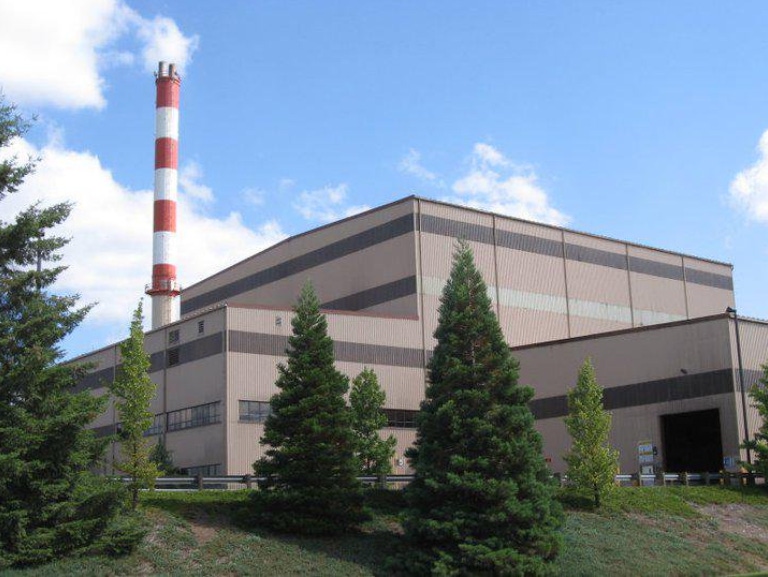Covanta Marion, Ore., Seeks Renewable Energy Standard Certification
The company claims garbage disposal costs will rise if the state legislature doesn’t pass a bill designating waste incineration as renewable energy.

A proposed bill in Oregon would allow the Covanta Marion waste-to-energy (WTE) plant to become certified under the state’s Renewable Portfolio Standard, which requires 50 percent of electricity used to come from renewable sources by 2040.
The company claims that garbage disposal costs will more than double throughout Marion County if the state legislature doesn’t pass the bill designating waste incineration as renewable energy. According to the Statesman Journal, without the passage of the bill, Covanta Marion would not be able to afford facility upgrades and would be at risk of closing. Opponents, on the other hand, argue that waste incineration is not a renewable resource.
Covanta has been pushing Oregon’s legislature to change the state law that doesn’t consider waste incineration as renewable energy. This comes after the company made a 15-year deal to sell Portland General Electric electricity generated from its WTE facility in Salem, Mass.
Statesman Journal has more details:
Garbage disposal costs will more than double in Marion County if the Oregon Legislature doesn’t pass a bill designating trash incineration as renewable energy, representatives from Covanta Marion, the state’s only trash incinerator, warned Monday.
Without the designation, Covanta also would be unable to afford needed upgrades at the incinerator, located north of Salem in Brooks, and would be at risk of closing, eliminating 33 union jobs, Matthew Marler, a Covanta manager, told a Senate committee.
“This scenario puts the county’s entire solid waste system, including its advanced recycling program, at risk,” Marler said.
About the Author(s)
You May Also Like


